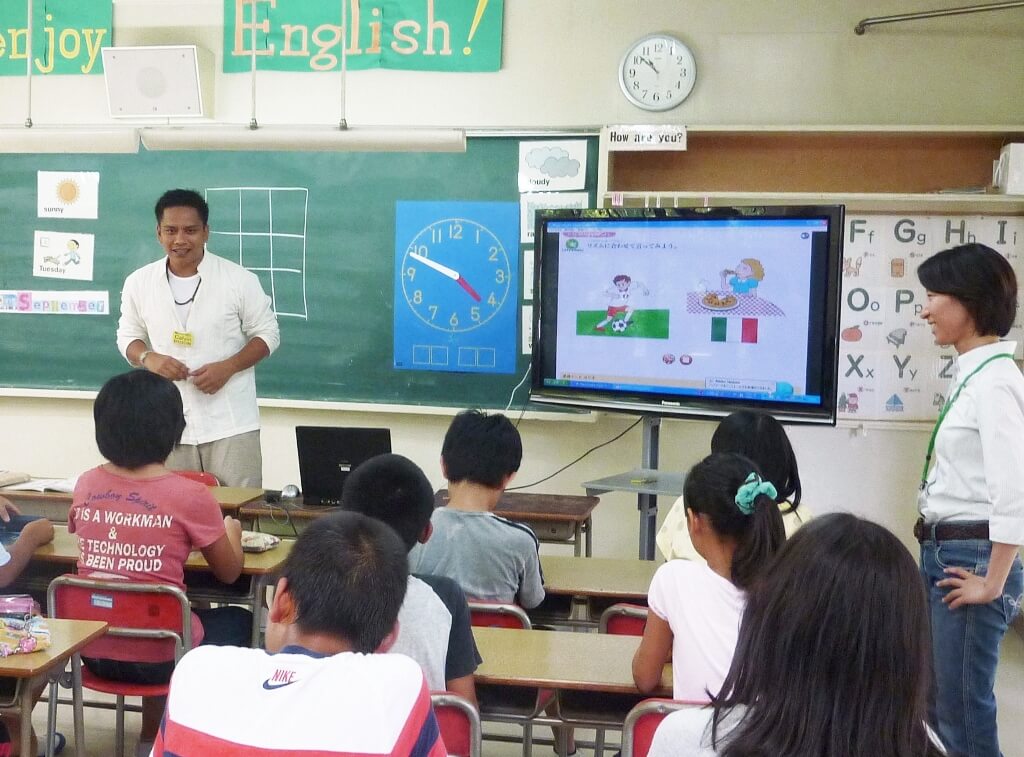
The digital revolution has touched every sphere and facets of life including the education sector. Unlike any other sector, the link between digital technology and education is unique and complimentary, writes Jaivik G Pathak, Founder & Owner, Webstar Infracon and Founder & Franchisor, P & V Institute, for Elets News Network (ENN).

On one hand, digital technology has become the enabler by redefining the very basics of the sector and altering the rules of the game. On the other hand, today’s young minds will decide the future direction of digital technology as they are going to be the innovators of tomorrow. So, equipping our students is a key to success in the field.
Currently, more than 40 crore Indians use the Internet and this number is likely to get doubled in the next four years. The Government has embarked on a mission to connect 2.5 lakh villages through optical fibre network. The Government is aiming to train crores of Indians in different skills by 2022. It means that digital technology is all set to embrace every moment of our lives. We are already a digital society and are moving towards the knowledge society. It’s time for learning, unlearning and relearning.
Over the years, technology has outdated our conventional theories and practices in education. Blackboards, chalks, textbooks and ink pens are fast turning into the things of the past. Traditional classrooms are giving way to smart classrooms. Students are smart enough to swim with the current trends and they are constantly on the learning curve. This learning will surely continue.
But, for teachers, it’s time for relearning, whether it is pedagogical tools, content or dissemination. They need to update themselves to catch up with students. For the management or school authorities, the task is first unlearning, before learning. The old management theories and best practices are getting outdated with every passing day, because even the traditional infrastructure is slowly becoming obsolete in this virtual world. Going forward, many foreseen and unforeseen technology innovations will disrupt the education sector.
One of the most powerful disruptions will be the rising inclination towards m-learning from e-learning practices. Mobile technology is making education affordable, convenient and more effective. Mobile apps are turning learning a pleasure ride, like negotiating through the twists and turns of an online game. We already see the market being flooded with multiple apps for different categories of studies. Technology is a great leveller, and more so in education. Another big trend to watch out is how fast this will redefine the educational landscape.
Digital technology is making place, people and time irrelevant for learning. As we are moving into a global classroom, rural and urban divide will fade away. With schools interconnected digitally, expertise will matter first. Through telemedicine facilities, tertiary care is now being made available at primary healthcare centres. Similarly, expertise by specialists in big towns now quickly reaches grass-roots levels. Talent, whether in small towns or metros, is able to get support at an equal scale. Even the time constraints in learning will be removed soon and synchronisation—boundless and timeless education—will happen. Another aspect is that parents will also be enrolled into this digital highway and their contribution will be integral for the success of the pupils.
But the two biggest trends to impact education in the near future will be artificial intelligence and Internet of Things—they are already charting the very course of information technology. Virtual reality and augmented reality videos and simulations will make education content more interactive and interesting. Cloud technology is going to make life easier both for students and teachers as documents and files will be stored and accessed easily. This will help managements in a big way, cutting down on infrastructure costs. Similarly, Big Data will make assignments, evaluations, tests and projects more results-driven. In the same way analytics is helping fintech companies, student performance can be improved through Big Data.
Teachers can make use of the data efficiently to monitor and guide students. Augmented reality and virtual reality can make learning exciting, with rich experiences and opening up endless possibilities. Highly engaging classrooms will lead to better results. These can transform the traditional methods of learning, breaking down the walls of classrooms and making students to think out-of-the box and pilot new innovations.





















